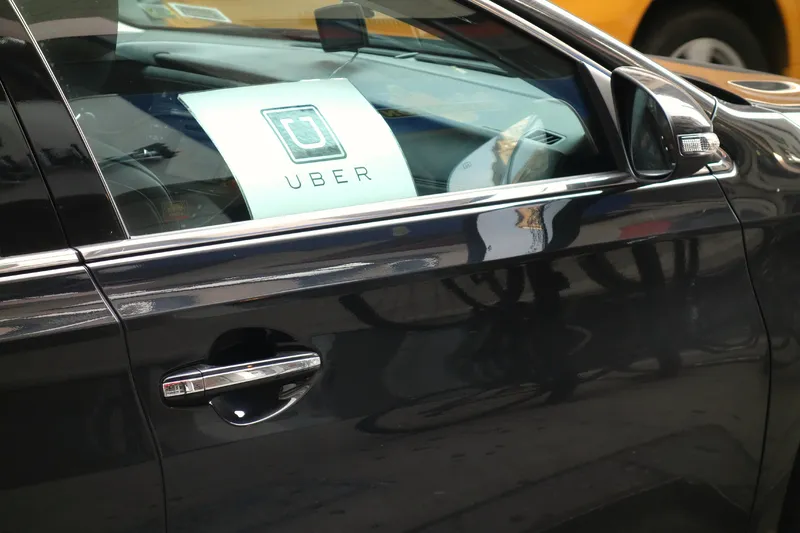
Uber is expanding its electric vehicle (EV) and hybrid ride option Uber Green to more than 1,400 US cities and towns, including Washington, DC, Austin and Miami.
The ride-hailing giant says drivers will also receive an extra $0.50 from a $1 rider surcharge for every trip completed, with the other half going to support EV adoption.
Uber is also integrating this service into its membership service Uber Pass, allowing members to receive 10% off Uber Green trips as they would with a standard ride.
The move is part of a series of actions the company says it is taking to more aggressively tackle climate change.
Elsewhere in the business, Uber has updated its partnerships with vehicle manufacturers and charging network providers to help its drivers transition to EVs.
In Los Angeles, drivers can now use a zero-emission vehicle through Avis' EV rental programme, an initiative that Uber intends to expand nationwide in 2021.
The firm’s partnership with EVgo now provides savings for drivers on Uber’s platform across more than 800 US locations.
In a separate action, Uber is expanding its offerings of sustainable alternatives to personal vehicles to help cities avoid traffic gridlock and pollution once people feel safe to move again after the coronavirus pandemic.
It has made journey planning available to more than 10 cities, including Atlanta (Georgia), Brisbane (Australia) and Mumbai (India).
Uber says this means people can use its app to plan their entire journey, from swiping through real-time schedules to walking directions.
As part of this pledge, the Uber and Transit feature is rolling out in Mexico City and London with the aim of helping users lower emissions and reduce congestion by planning a multimodal trip.
This feature combines UberX with walking directions and city bus, subway or train connections.
Uber has also joined the Climate Pledge – a commitment co-founded by Amazon and Global Optimism to be net zero carbon by 2040, ten years ahead of the Paris Agreement.










